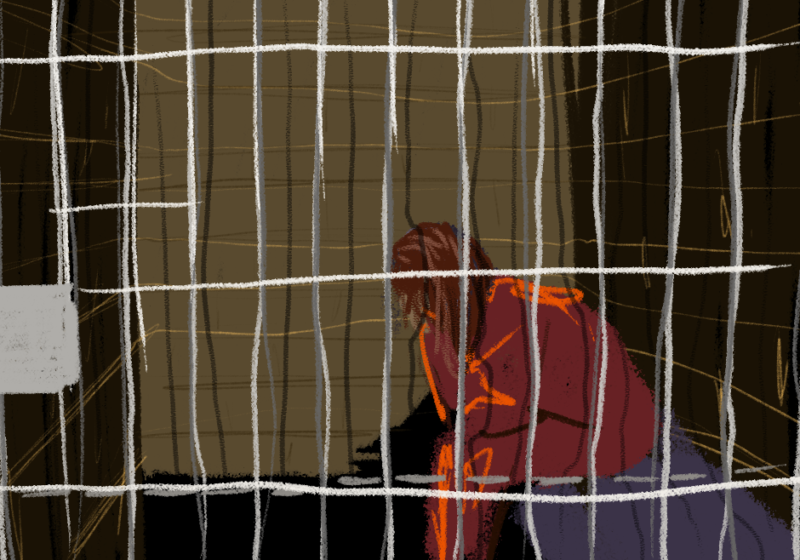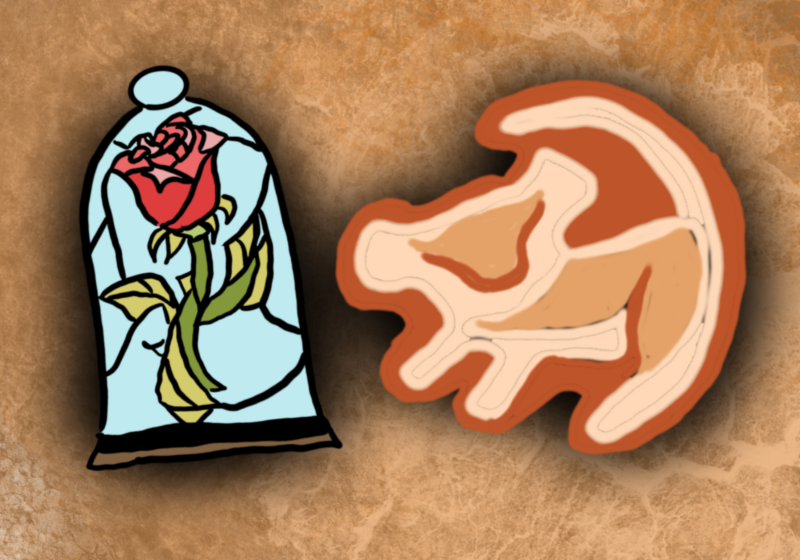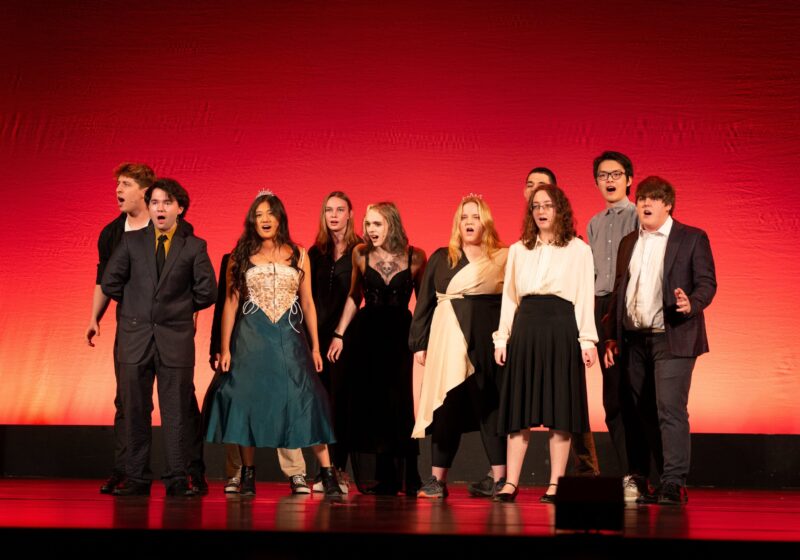I never thought I’d have to say this, but here goes: Violence against women and girls isn’t funny, it’s a tragedy.
I started watching “Orange Is the New Black” over winter break. I’d heard such good things — about the show’s feminism, its portrayal of Black women, its willingness to include women who don’t have the dimensions of a model. I was curious.
I was curious for more reasons than that, though. I was in jail myself for several days, once. I stole $10 worth of food because I was starving. I missed my court date because I had no car or even money for bus fare, or a cell phone to set an alarm for my 8 a.m. appointment. The court issued a bench warrant, and like so many others, I was swept into a system fueled by forces that had no real concern for a 20-year-old disabled woman with no idea how to navigate the world safely.
The nurse who checked me in asked me whether I’d been raped by my arresting officer. I told her I hadn’t been, and asked why she would ask me something like that. She told me that, in her estimation, one-third of the women answered that question with “Yes.”
I can’t tell you whether those statistics are accurate. I can only tell you what I know.
What I know is that during the three days I was in jail, I made five close friends. Within those three days, one of those friends confessed to me that her arresting officer had raped her.
What I also know is that, one of those days, a male guard decided we women weren’t allowed to sunbathe in our bras in the fenced-in cage of a yard. He claimed we were distracting the guards.
This is jail, in real life. Women’s bodies are still objects of titillation or scorn to the men around us.
And this was only county jail. Jail isn’t like prison. Jail is by nature temporary. I have some idea of what women in prison go through, but I don’t know. No one can know unless they’ve been there.
But what the rest of us do know is that the percentage of female inmates who report being raped or sexually abused is very far above zero. We also know that rape is a vastly underreported crime.
For some reason, “Orange Is the New Black” felt the need to write a prison inmate who gets pregnant through consensual sex with a guard. She later tries to manipulate a different guard into having sex with her, so she can accuse him of rape and blame her pregnancy on him to avoid getting her lover in trouble.
Given that this is a show, this entire situation is played for laughs. The guy this woman tricks is a jerk, so who cares what happens to him? She and her lover are “in love.” She can’t get him in trouble (with the pregnancy he caused), right?
Meanwhile, the real-life counterpart to this fictional situation remains unacknowledged. Women are being sexually exploited in prison. Not to mention the children who’ve been sexually abused, and the women who’ve been sterilized against their will, in detention camps. Rape isn’t a joke, and you’d expect a show that fancies itself feminist to know that.
Not to mention, female violence is inextricable from long-term patterns of male abuse. Experts indicate that between 40-80% of women in prison for murder killed their abusers. Widespread statistics don’t exist, but a survey of New York’s Bedford Hills Correctional Facility identified 80% of the female inmates as having “a childhood history of physical and sexual abuse,” and 90% as having experienced physical or sexual assault.
Female prisoners aren’t the empowered, angry, hostile agents of violence represented in “Orange Is the New Black.” Female prisoners are survivors of abuse that, due to poverty, racism, and cyclical oppression, they lack the resources to recover from.
We are a civilized nation, ostensibly. We don’t, however, treat female trauma survivors with civility. We call them “Crazy Eyes” or insist we’re afraid of them, as main character Piper does in “Orange Is the New Black.” We treat them as though their pain is a disease, a contagious one. We throw them away.
I’m one of them. I don’t know if you’ll take my word for it, but please. Don’t throw us away.






